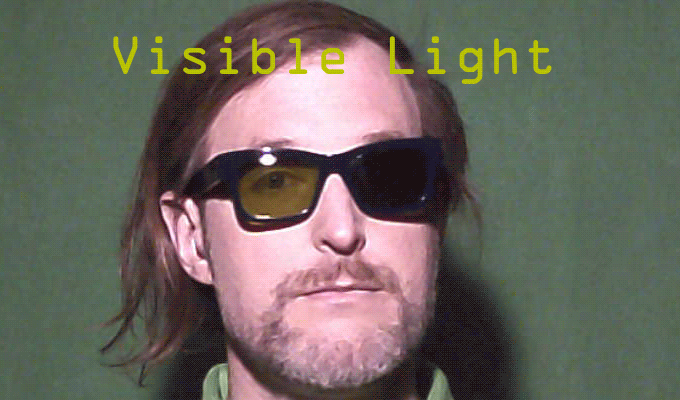top of page
Concept
Concept
Development
Final Artwork
.jpg)

amalgam
Directory

cashier-less store in San Fransisco that uses AI to bill shoppers.
This piece was sparked through thinking about the direction our world is going in regards to the amount of surveillance and AI that we interact with every day.
Our personal data is constantly being collected by common websites like Google and Facebook, but our faces are also being used to collect data about us as we walk around in public.
Some cities have cameras that record your actions and can even "rank" you as a citizen which can be used for/against you in many instances such as in court or when trying to purchase a house.

My project goes into the question of how we can protect ourselves and maintain our privacy in the midst of a very technological society.
I looked at a variety of ways that other artists have tackled the same question. CV Dazzle may be the most well known, and is a style of hair and makeup that confuses facial recognition software. My designs are heavily based on CV dazzle and the way that it camouflages someone.


I wanted this project to take the form of a garment in order to hide and disrupt the body. The form needed to be incredibly oversized and engulf the figure.
I ended up creating a narrative around a character who is involved in an underground resistance movement. Considering we are all affected by the coronavirus pandemic, I decided that this character's purpose was to smuggle medical equipment, ppe, and medication to those who are unable to get to a hospital. This character needs to go undetected as they make their pick ups and deliveries, especially from any cameras and CV software.

.jpeg)


Development






I wanted the designs to confuse algorithms and to create an amalgam of body parts so that CV software would not be able to discern which body parts are relevant.


I also wanted to create a second design that worked more with the fragmentation of the body and interrupt the natural contours of the body. The blocks of black along with vertical lines should break up what the computer deems to be a predictable body form and hopefully be unrecognizable to algorithms.


I would love to be able to test these physically against facial recognition and CV algorithms to see if they are effective.
Final Artwork

Design 1

.jpg)
Design 2

A form that does not show any of the body's natural contours was a priority. Something that had a large hood to conceal facial features was also an important feature for the garment to have.
The outlines of Design 1 will be quilted and stuffed to give some dimension to the coat. This will allow the forms printed on the garment to have some form and help trick algorithms that use 3D depth scanning of faces and bodies. The second design will also be quilted along some of the vertical lines. The stuffing will be less apparent and less frequent so that the print can do much of the work in concealing the form.




I was able to print my fabric as a garment. Above is the hoodie with Design 2's print, and the file for the final version of Design 1.


Alternate applications of these designs. I wanted to see how design 2 would look on an extremely tight garment and if it would still be visually effective. I was also testing out a larger, more billowing form for Design 1.
bottom of page
_edite.png)